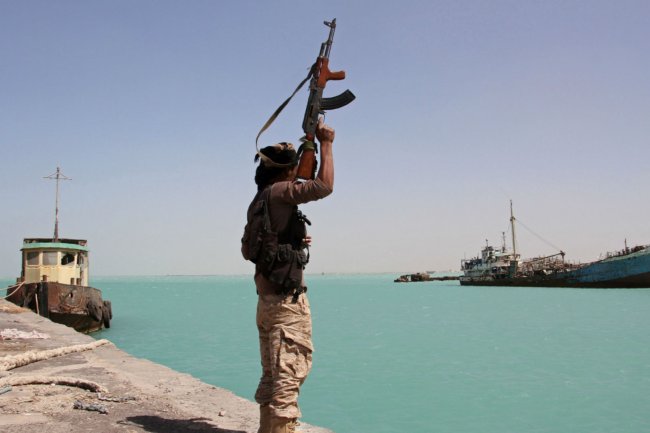“The New York Times”: 5 reasons behind the Israeli fall on October 7
The New York Times reported that the full reasons behind the slow response of the Israeli occupation army to the Al-Aqsa Flood operation may take a long time to verify

the government pledged to conduct an investigation into this issue. However, the investigation conducted by the newspaper showed that the Israeli occupation army was suffering from A shortage in the number of personnel and their presence outside their positions, in addition to the presence of very poor organization, as the soldiers were communicating in random groups via the WhatsApp application and relying on social media to obtain information.
The investigation also reported that commandos were sent into battle equipped with weapons suitable for short-range combat, and at the same time, helicopter pilots were instructed to review news reports and Telegram channels to select targets.
One of the most damning points was that the Israeli occupation army did not have a solid plan to confront large-scale attacks within the borders of the occupied state, according to the testimony of current and former Israeli soldiers and officers. The soldiers reported that if such a plan existed on paper, it was not the subject of training for anyone. It was not followed.
The New York Times quoted Tom Samia, a general in the Israeli occupation reserve forces and former commander of the Southern Command of the occupation army, as saying that, in practice, there was no proper defensive preparation, no training, equipping, or building a force for such an operation, stressing that This created a multidimensional and unprecedented crisis of confidence.
On the other hand, Amir Avivi, Brigadier General in the Israeli occupation reserve forces, said that there was no defensive plan for a surprise attack like the kind we saw last October 7, known as the Al-Aqsa Flood.
According to the newspaper, the lack of preparedness contradicts the founding principle of the Israeli occupation’s military doctrine. A few days later, the goal of the first Prime Minister and Minister of Defense of the Israeli occupation, David Ben-Gurion, was to attack, anticipate attacks, and fight battles in the occupied territories.
At the end of the article, the newspaper asked questions to confront the Israeli occupation forces, regarding the consensus of officers and soldiers alike that there was no plan, to which the army responded, saying: “They are currently focusing on eliminating the threat of the Palestinian factions, and that any questions from this will be considered later.” Type"
What's Your Reaction?





















